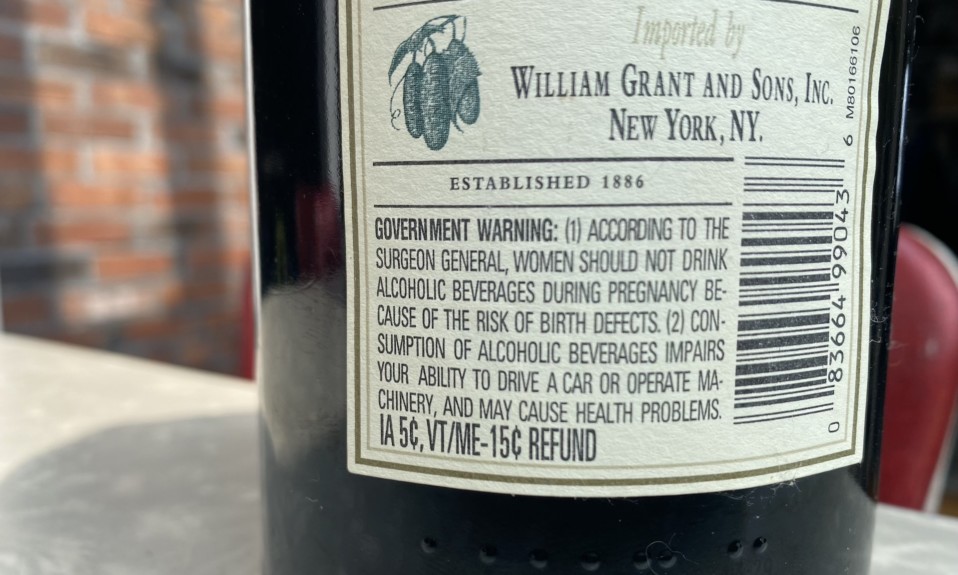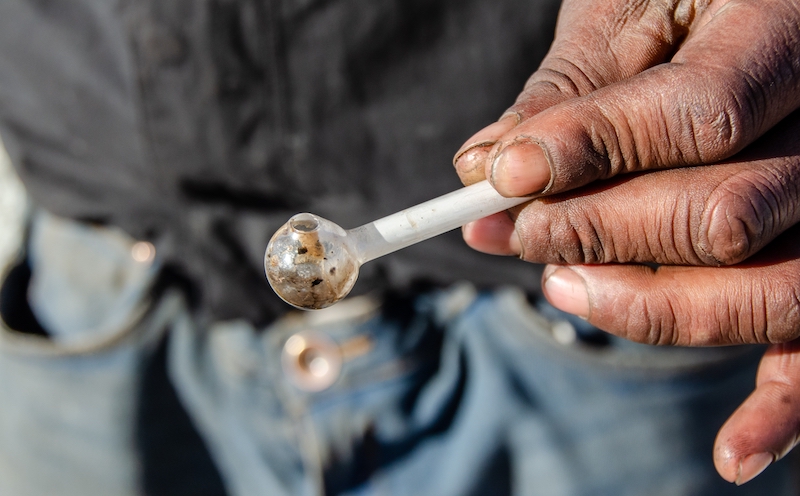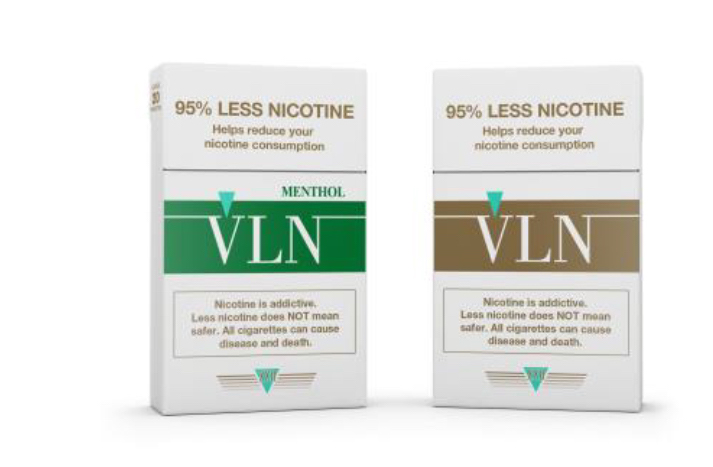Pharma Braeburn anticipates go-ahead for extended-release opioid treatment Brixadi in 2020
By Jason Langendorf
July 2, 2020Final approval for Brixadi, an injectable, extended-release medication used in the treatment of opioid use disorder (OUD), has been sought from the U.S. Food and Drug Administration (FDA).
If approved, Brixadi will be the first injectable form of buprenorphine in weekly and monthly depot formulations available in a variety of dosages. Brixadi was tentatively approved for OUD treatment in December 2018, but the medication is not eligible for marketing in the United States until December 2020. Braeburn Pharmaceuticals, the maker of Brixadi, anticipates a six-month review cycle from the FDA and final approval of the drug on Dec. 1.
The Phase III clinical trial measuring efficacy, effectiveness and safety found that Brixadi yielded “noninferior” results compared to daily sublingual (orally administered) buprenorphine. In other words, trial patients who received long-acting depot buprenorphine treatment were no more likely to test for illicit opioid use or drop out of the study than those treated with daily oral doses of buprenorphine. The notable clinical drawback for depot patients cited was “mild-to-moderate injection-site reactions.”
“Study: 75.3% of patients with moderate to severe OUD were abstinent from illicit opioids for a year after they completed 12 monthly buprenorphine extended-release injections.”
Implications around the development of new formulations for OUD treatments are potentially significant. A 2020 long-term study of Sublocade, a buprenorphine extended-release formulation approved in 2017, reported that “75.3% of patients with moderate to severe OUD were abstinent from illicit opioids for a year after they completed 12 monthly buprenorphine extended-release injections.” The acknowledged benefits of long-acting injectables include, according to patients in a separate November 2019 study, “improved adherence, no medication diversion [and] resolution of need for daily treatment.” Additionally, in the midst of the COVID-19 pandemic, medications such as Brixadi and Sublocade provide long-term OUD treatment while reducing clinic visits and public exposure.
Marc Fishman, MD, medical director for Maryland Treatment Centers and a faculty member at the Johns Hopkins University School of Medicine, recently discussed some of the benefits and drawbacks of these medications with Addiction Professional. Although he says extended-release depot formulations could have positive effects for many, including incarcerated addicts (“the criminal justice system’s overlap with OUD is well known”) and the growing population of telehealth users, he also acknowledges a downside.
“You lose a lot in terms of therapeutic alliance when you aren’t able to meet face-to-face with a person,” Fishman said. “Whereas lots of people are talking about a reduction of engagement barriers with the continuation of existing episodes of care where patients who are migrating from in-person care to telehealth care, there is still a major barrier for new episodes of care.”
Photo: Braeburn














